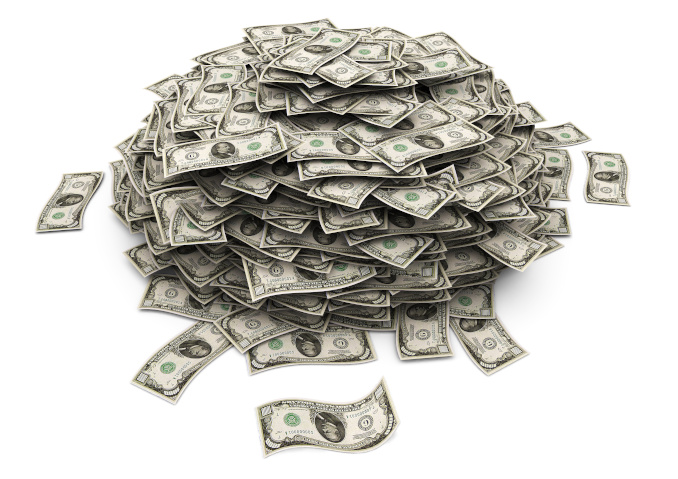
Telling merchants why you are using cash to make a purchase forges a relationship with the merchant and becomes an opportunity for sharing information about the prospects for imposition of CBDCs in the U.S. and other countries.
The list of suggestions below reflects how we use cash and coins:
- Use cash as often as you can in daily transactions. Make sure you keep your receipts. You might want to buy a receipt book at an office supply store or create a receipt document for use with those who otherwise would not have receipt forms. The more you think through using cash, the more you will find opportunities to steadily increase your cash use as a percentage of your total transactions.
- Think through your record-keeping processes for budgets, reimbursement, tax compliance, and personal and business financial statements. Businesses and families have been keeping records with cash for generations—so it is easily doable. However, if you have grown dependent on credit cards and electronic records, you need to think through your conversion to cash-focused record-keeping.
- Appreciate that using cash and record-keeping with cash helps you think through your expenditures and transaction relationships at a much more intimate and strategic level.
- Build relationships with your local vendors and service providers regarding taking cash.
- Use checks rather than credit cards or online payment systems (and put smartphone in a Faraday bag when in public and not in active use).
- Get a good local bank, credit union, or savings and loan—and build a relationship with the personnel.
- Don’t use a mortgage broker to finance or refinance your home. Instead, see if you can find a local financial institution that does not sell its mortgage portfolio (best option) or sells loans only to Fannie Mae, Freddie Mac, or Federal Home Loan Banks for which servicing is more borrower-friendly. One exception is Farm Credit—we have had a great experience.
- Close your accounts with any bank on the Bank for International Settlements (BIS) “systemically important bank” list after the tax cycle has passed and your new local accounts are working well. Also, beware of BIS “systemically important financial institutions” (e.g., insurance companies) and payment systems, which also appear to come under the protection of BIS in the form of immunities from public disclosure and law enforcement.
- It is fine to deposit either electronically or in person—if depositing in person helps build the relationship, then do so when it is energizing and comfortable for you.
- Maintain cash at home for a rainy day fund—kept in a fireproof safe or hidden panel in furniture. Only you can judge how much cash to keep at home, but think of how much you might need over a month if your credit cards and the Internet were not available.
- Consider purchasing a core position of precious metals. Stockpile local currency coin (e.g., dollars, quarters, dimes, pennies).
- Check out the Silver & Gold Payment Calculator at Solari.com. It may come in handy if you can find a group willing to circulate gold and silver as a community currency.
- Organize your use of cash in a way that is comfortable and energizing for you.Celebrate the more intimate connections it creates in your life.
- Check out Catherine discussing “Where to Stash Your Cash in 2022” on her CHD.TV show, Financial Rebellion (episode 31).
- Solari Subscribers: You will want to read, listen, or watch the 2nd Quarter 2022 Equity Overview — Building Family Wealth—and explore the link collection there.
- Enjoy the process and celebrate the steps you take to live a free and inspired life and to help those around you do the same.
